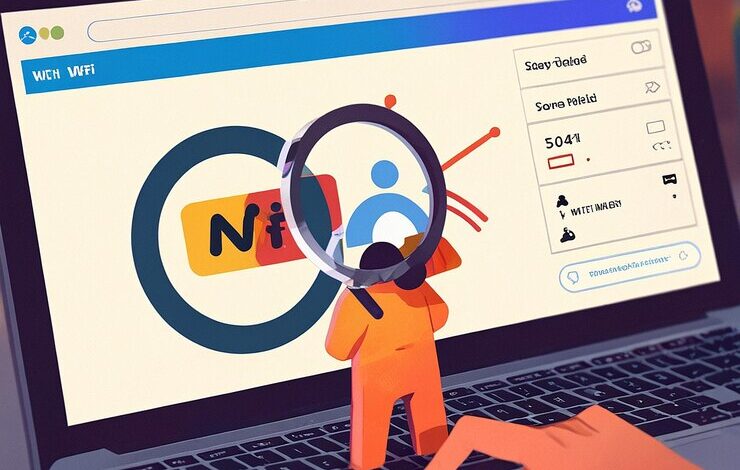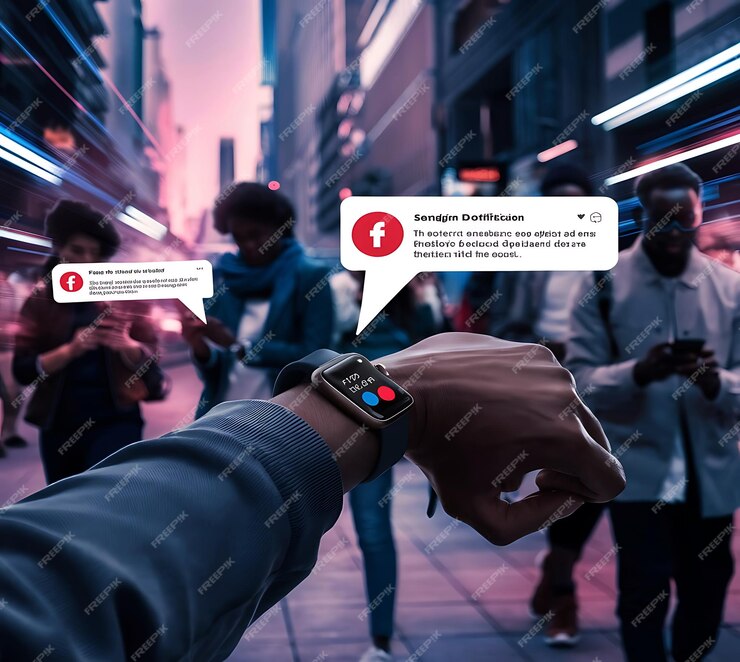no longer identify on social media nyt: Navigating the New Digital Landscape

In an era where social media dominates communication, the phrase “no longer identify on social media nyt” captures a growing trend of individuals seeking anonymity or a more curated online presence. This shift reflects broader societal changes regarding privacy, mental health, and the evolving landscape of digital identity. This article will explore the implications of this trend, its causes, and the potential benefits and challenges it presents.
The Rise of Anonymity in the Digital Age
Social media platforms have transformed how we interact, share information, and present ourselves to the world. For many, these platforms serve as a digital identity, showcasing personal milestones, opinions, and social connections. However, the pressure to maintain a certain image online can be overwhelming. As a result, some individuals are choosing to step back and become less identifiable.
The Pressure of Online Identity
The quest for likes, followers, and online validation can lead to anxiety and stress. A study conducted by the American Psychological Association found that social media usage is linked to increased feelings of inadequacy and low self-esteem. The constant comparison to curated online personas can create a toxic environment, prompting users to reconsider their digital footprints.
Reasons for Choosing Anonymity
1. Privacy Concerns
Privacy has become a paramount concern in the digital age. High-profile data breaches and scandals involving the misuse of personal information have led many to rethink their online presence. Individuals may choose to become less identifiable to safeguard their personal data from potential exploitation.
2. Mental Health
As awareness of mental health issues grows, more individuals recognize the impact social media can have on their well-being. A reduction in online visibility can lead to a healthier relationship with technology, allowing people to engage more meaningfully in their offline lives.
3. Control Over Personal Narrative
By stepping back from social media, individuals regain control over their personal narrative. They can curate their experiences and interactions without the pressure of public scrutiny. This autonomy can lead to a more authentic life, free from the need for external validation.
4. Digital Detox
The concept of a digital detox—taking a break from screens and social media—has gained traction. Many people find that stepping away from online platforms allows them to reconnect with their surroundings, engage in hobbies, and foster real-world relationships.
The Impact of Reduced Online Presence
Choosing to become less identifiable on social media can have both positive and negative implications.
Positive Effects
Improved Mental Health
Numerous studies indicate that taking a break from social media can lead to significant improvements in mental health. Users report lower levels of anxiety, depression, and loneliness when they limit their time online. By reducing exposure to negative content and social comparisons, individuals can foster a more positive mindset.
Enhanced Personal Connections
When individuals step back from the digital world, they often find they have more time for in-person interactions. This can lead to deeper connections with friends and family. Engaging in meaningful conversations and activities away from screens allows for genuine relationships to flourish.
Greater Focus and Productivity
Without the constant distraction of social media notifications, individuals often experience increased focus and productivity. This can lead to a greater sense of accomplishment and fulfillment in both personal and professional endeavors.
Negative Effects
Reduced Social Connectivity
While reducing online visibility can enhance mental health, it may also lead to feelings of isolation. Social media provides a platform for connecting with others, especially for individuals who may struggle to engage in face-to-face interactions. Limiting social media presence may hinder opportunities to maintain friendships or connect with like-minded individuals.
Missing Out on Opportunities
In today’s interconnected world, social media serves as a vital tool for networking and professional growth. By becoming less identifiable online, individuals may miss out on job opportunities, collaborations, or events that could enrich their lives.
Navigating the Shift: How to Manage Anonymity
If you’re considering reducing your online identity or becoming less identifiable on social media, here are some practical steps to navigate the transition:
1. Evaluate Your Social Media Usage
Take a moment to reflect on your social media habits. Are you using these platforms to connect, or do they add stress to your life? Assess your motivations for using social media and consider if the benefits outweigh the drawbacks.
2. Curate Your Online Presence
If you decide to maintain a presence on social media, curate it thoughtfully. Limit the personal information you share and focus on content that reflects your true interests and values. Consider adjusting privacy settings to control who can view your posts and personal information.
3. Set Boundaries
Establish clear boundaries around your social media usage. Allocate specific times for checking platforms and avoid scrolling mindlessly. This can help you regain control over your digital interactions and minimize the stress associated with constant connectivity.
4. Explore Alternative Platforms
Consider exploring social media platforms that prioritize privacy and anonymity. Some platforms offer features that allow users to engage without revealing personal information, fostering more genuine interactions.
5. Embrace Offline Activities
Invest time in offline activities that bring you joy and fulfillment. Engaging in hobbies, spending time with loved ones, and exploring nature can provide a refreshing break from the digital world. These experiences can help cultivate a deeper sense of happiness and connection.

The Future of Digital Identity
As society grapples with the complexities of digital identity, it is likely that the trend toward reduced online visibility will continue. The desire for privacy, authenticity, and mental well-being will shape how individuals interact with technology and social media in the future.
The Role of Technology Companies
In response to these shifts, technology companies may need to reevaluate their practices. Features that prioritize user privacy, control over personal data, and mental health support could become essential components of social media platforms. By fostering a healthier online environment, these companies can better serve their users’ needs.
The Importance of Education
Education about digital literacy and responsible social media usage will become increasingly important. Teaching individuals—especially younger generations—how to navigate social media responsibly, maintain privacy, and recognize the impact of online interactions will empower them to make informed choices.
Conclusion
The phrase “no longer identify on social media nyt” encapsulates a significant trend in today’s digital landscape. As individuals seek to reclaim their privacy, mental health, and authentic selves, the implications of this shift will resonate throughout society. While reducing online visibility presents challenges, it also offers opportunities for deeper connections and a more fulfilling life.
In an age where social media can often feel overwhelming, embracing anonymity or a more curated online presence may be the key to fostering genuine relationships and improving overall well-being. As we navigate this evolving landscape, let us remember the importance of balancing our digital and real-world identities, ensuring that we remain true to ourselves in both realms.





